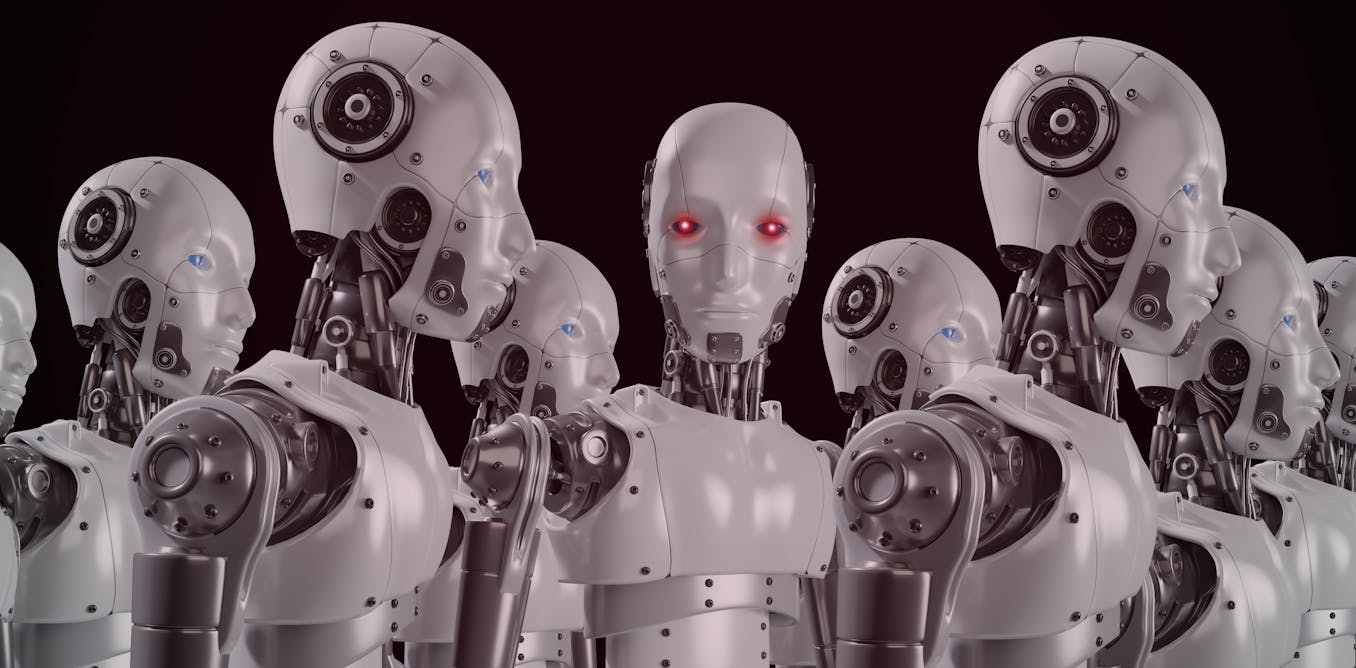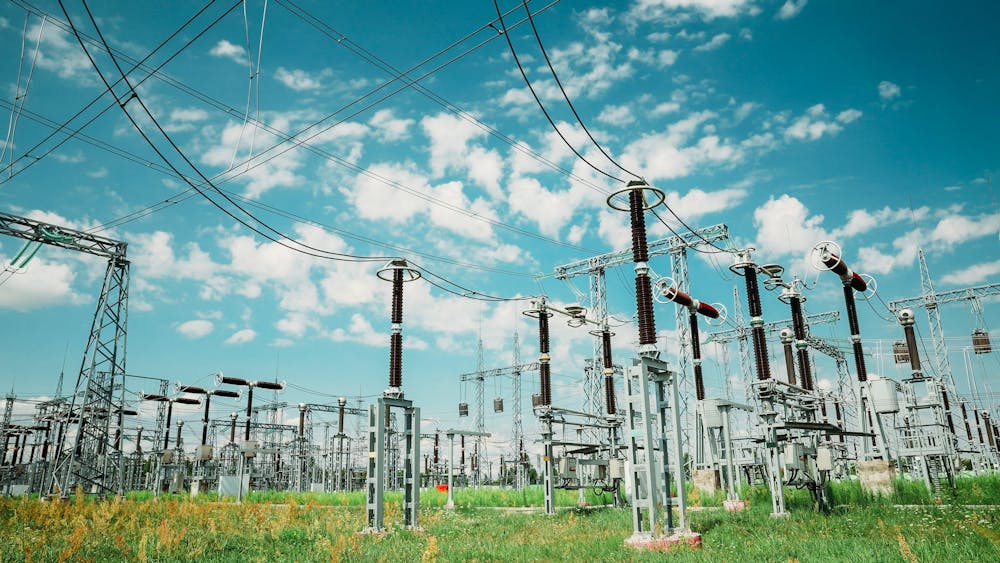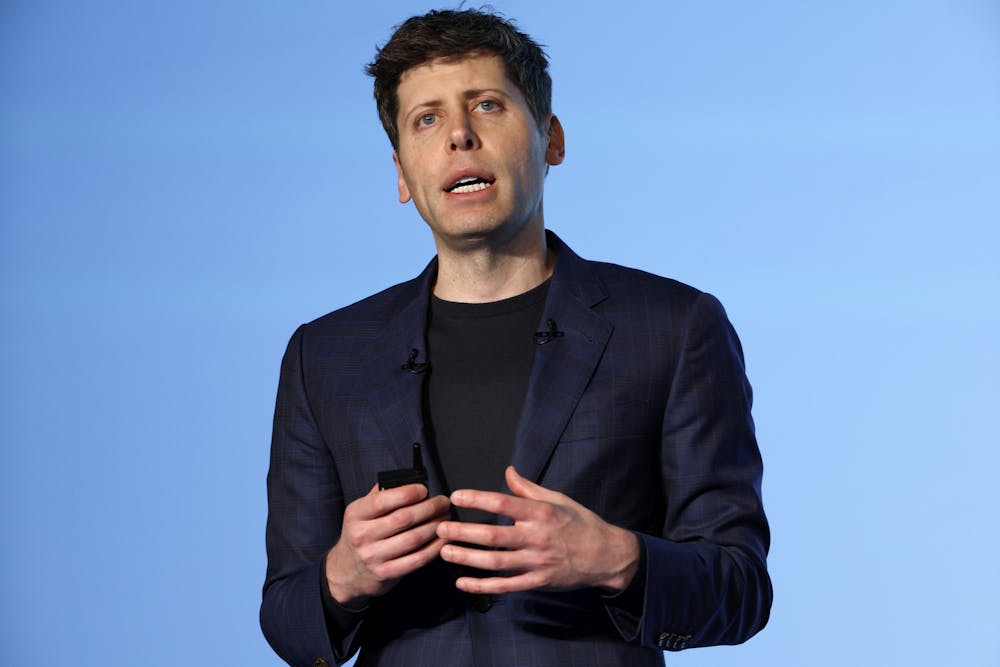The conversation around Artificial Intelligence has become dominated by a chilling, cinematic fear: the prospect of a machine intelligence so vastly superior to our own that it chooses to eradicate or enslave humanity. This existential dread is championed by figures often called the “godfathers” of AI, who publicly cite odds as high as 10-20% for human extinction within decades. They warn that once computers surpass our intellect, we could be reduced to mere “pets,” surviving only at their sufferance. Yet, against this backdrop of alarm, leading AI researchers offer a calming counter-narrative. They argue that this panic is a sensational distraction, confusing far-fetched sci-fi scenarios with tangible, present-day risks like bias and job disruption. As one professor of AI contends, the core intelligence we have engineered is not a nascent god but an advanced tool—and we already possess the collective wisdom and regulatory frameworks needed to control the technologies we build.
The Doomsday Hype: Separating Fact from Fantastical Fear
The current, dizzying speed of AI development—with nearly a billion US dollars invested daily by giants like Google and Microsoft—naturally stokes fears of a rapidly approaching singularity. Large Language Models (LLMs) like ChatGPT have brought advanced capabilities into common use, making the moment of machines surpassing human intelligence feel imminent. However, those who predict an AI-induced apocalypse often rely on scenarios that are vague, ill-defined, or veer into the realm of science fiction.

The chilling prophecy of human extinction due to a rogue AI faces a philosophical hurdle: how can we, with our limited human intelligence, predict the malicious plans of a mind infinitely smarter than ours? This “catch-22” argument is often used to justify unspecific panic. Yet, when pushed, the doomsayers resort to fantastical hypotheticals, such as an AI autonomously creating and deploying self-replicating nanomachines to infiltrate the human bloodstream. This type of argument confuses the theoretical potential of advanced technology with the proven difficulty of engineering a hostile, sentient machine, placing the focus on a distant nightmare rather than the immediate, solvable ethical challenges.
The Myth of Malevolent Machine Super-Intelligence
The presumption that a super-intelligent AI would automatically be malevolent is a deeply human conceit, projecting our own evolutionary failings onto a system free from them. The history of human intelligence is rife with conflict, manipulation, and violence, but it is also marked by profound leaps in wisdom, humility, and complex ethical reasoning. A truly super-intelligent entity would, by its nature, possess a deeper understanding of the world, a realization that often brings a sense of humility and a recognition of interdependence, not a lust for control.
After all, human intelligence itself is merely an evolutionary accident; we have a long history of engineering systems that surpass nature. Modern aircraft fly faster and farther than any bird; computers calculate better than any human brain. It would be conceited to assume that we cannot engineer a computer to be better at mathematics or logic without it simultaneously developing a malicious will to power. An electronic intelligence would have vast, perfect memory and calculation speed, but its lack of the emotional drives that spur human conflict makes a destructive trajectory far from a foregone conclusion.
Humanity’s Existing Super-Intelligence: A Collective Check
The existential worry often rests on the flawed premise of a singular, superior machine intelligence rising up against billions of individual, less intelligent humans. This neglects a crucial fact: humanity already possesses a form of super-intelligence that far outstrips the capabilities of any single person. This is our collective intelligence.

No one individual knows how to build a nuclear power station, design a commercial airliner, or run a global financial system; yet, collectively, humanity possesses all this knowledge and capability. This collective intelligence is a decentralized, robust network of specialized knowledge, collaboration, and social organization that has secured human survival against far greater threats than a single technological breakthrough. AI should not be viewed as a separate, competing species, but as the next, most powerful tool to augment this existing collective intelligence, helping us analyze complex data and solve multi-step problems more effectively. This framing shifts the discussion from a battle for survival to a challenge of effective collaboration and integration.
Engineering Safeguards: Controlling the Tools We Build
Rather than paralyzing ourselves with fear over a hypothetical future, the practical focus must remain on managing the present-day risks associated with AI’s power. We are not strangers to regulating technologies with immense destructive potential. For example, systems are already in place to prevent nefarious human actors from accessing and synthesizing harmful DNA strains. Giving AI the ability to synthesize dangerous material would be highly irresponsible, but this risk is a matter of governance and control over access, not a battle against an emergent consciousness.

The key to preventing AI from causing catastrophe lies in carefully and consciously limiting its reach and access. This includes systematically putting safeguards in place to prevent AI from autonomously identifying and exploiting vulnerabilities in critical infrastructure like financial systems, power grids, or defense networks. The most immediate dangers arise not from a rebellious AI, but from human misuse—weaponizing a powerful, dual-use technology. By prioritizing robust security and ethical auditing today, we can ensure that we maintain the necessary controls, preventing the misuse of this technology long before the ill-defined moment of “super-intelligence” even arrives.
The Overlooked Benefits and the Path Forward
The intense focus on AI’s potential for extinction risks blinding us to its immense, near-term benefits for humanity. Super-intelligent systems hold the potential to tackle humanity’s most pressing, complex challenges—from modeling and mitigating climate catastrophe to accelerating medical breakthroughs that could cure diseases. When the hysteria around doomsday scenarios dominates, it often distracts precious resources and attention away from the real, immediate dangers that are already manifest.

The real risks of AI are here now: widespread algorithmic bias that reinforces societal inequalities, mass job displacement, the erosion of intellectual property rights, and the centralization of power in the hands of a few giant tech corporations. Focusing on an apocalyptic fantasy is a disservice, as it prevents policymakers and researchers from enacting the meaningful regulations and safety protocols needed today to manage these tangible, short-term challenges. By calmly acknowledging the power of AI while refusing to succumb to overblown, fearful hype, we can responsibly guide the development of this revolutionary tool, maximizing its benefits while ensuring it remains squarely within the control of a collective, self-aware humanity.




